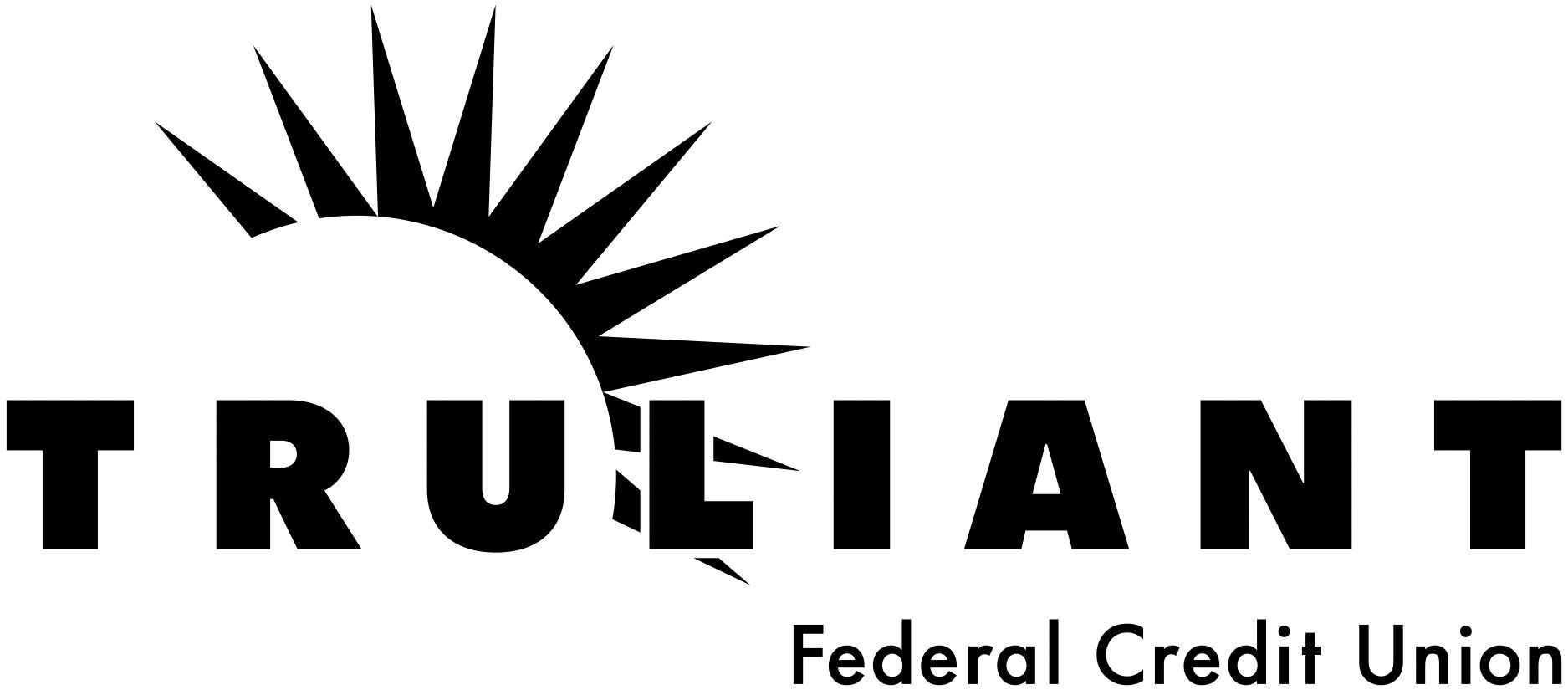How To Retire Early

So, You Want to Help Yourself Retire Early?
When most people think about retirement, becoming eligible for Social Security frequently comes to mind. Waiting until you can start drawing government retirement benefits means working until you're well into your 60s. If you're relatively young and stuck in a job that does little to light creative fires, this can seem like a life sentence of drudgery. However, having to work until you’re in your 60s or 70s is not set in stone. There are steps you can take that may help you to retire a decade or more before a more traditional retirement age.Limit Your Expenses
If you're looking to retire early, you'll want to assess your average monthly expenses. A large percentage of the American public spends every dollar they bring in. Some even spend more than they bring in. If you spend everything you make month after month, you'll probably never be able to retire comfortably. Cutting your expenses is a great way to free up money that can then go toward saving for the future. If you have a premium cable package, cutting it from the budget could lead to savings of over $100 a month. Over time, even a relatively small reduction in spending can compound to a nice nest egg.
Increase Your Income
If your income is low throughout your working life, you'll have trouble getting enough savings. According to CNBC, it's possible to retire in a decade or two if you save 50% of your income. Investing in yourself through additional training or building new skills can help you earn more over your working life. If you've decided to watch your expenses, the additional income can really help ramp up your savings. When considering employers, look for a good fit culture-wise, one that matches your 401(k) deductions and where there is the opportunity to grow in addition to current salary. The more money you make, the more you'll be able to save.
Pay Down Debt
You'll need to build wealth if you're looking to retire early. Debt will keep you from achieving this goal. Even if you can get a return of 10% on your investments, you'll wind up in the hole if you're paying 18% interest on big credit card balances. That's why it's important to keep debt to a minimum. If you have high-interest debt, for instance, you’re losing compound interest that really adds up over time. Holding a mortgage with a low rate is usually considered one of the few "good" debts to hold. You should aim to pay off all other debts as soon as possible to free up your income.
Save Automatically
If you intend to retire early, you'll want to save money automatically. This is what personal finance experts mean when they say to pay yourself first. Siphoning a bit of your income into an emergency fund or another savings account that you don’t have easy access to is key to avoiding debt. According to Business Insider, you should aim to save between three and six months of expenses in an emergency fund.
Once you've paid off all of your high-interest debt, start directing some money toward these accounts through an automatic withdrawal each month. Even $100 a month will help toward your long-term financial goals.
Invest in Tax-Advantaged Funds
Once you have a fully-funded emergency fund, you can start directing your automatic savings into an investment account. Your employer might offer a work-based retirement account like a 401(k) or a 403(b). These accounts can provide a great way to squirrel money away for retirement because many employers will offer matching funds that will help your retirement investments compound more rapidly. As of 2020, you can save up to $19,500 a year in these accounts.
If you still have money available to save after contributing the maximum to a work-based retirement fund, invest through an IRA or taxable investment account. An IRA can come with many of the same tax benefits that a work-sponsored retirement account would have. While saving 50% can help you retire earlier than normal, wealth manager David Bach states on CNBC that saving even 20% can provide enough for an early retirement.
Not only will you need to save your money, but you'll also have to invest that money to retire early. You may want to invest the money in stocks and bonds for more potential growth. Stocks have traditionally grown at a higher rate than bonds or cash equivalents like money market accounts or certificates, but stocks also come with increased risk as their prices tend to fluctuate more. Your LPL* Truliant Financial advisor can help determine the most appropriate investment for you based on your personal financial goals, time horizon and risk tolerance.
Stay the Course
Saving money for a year or two can get you started on the road to early retirement. However, it will not get you to the ultimate goal if you let up. You'll need to save money year in and year out for a decade or more. If you save a higher percentage, you'll incrementally cut down on the number of years you'll have to work. Once you achieve that plateau, more of your income will arise from passive sources like dividends and interest. After the passive income exceeds your average expenses with a decent margin, consider yourself retired. You don't have to work, but it's certainly possible if you like keeping busy. Choosing to work at what you enjoy can be much more fulfilling, and you might find that you're even more productive in early retirement.
If the idea of retiring early sounds appealing, set up an appointment with one of the LPL financial advisors at Truliant Federal Credit Union. We want to see our members achieve financial goals, so we'll develop some strategies that can help you succeed in the long run. Learn about the investment options we have available here.
Resources:
https://www.cnbc.com/2019/04/22/how-to-save-50-percent-of-your-income-from-people-who-have-done-it.html
https://www.businessinsider.com/personal-finance/how-much-money-to-save-in-emergency-fund-rules
https://www.cnbc.com/2019/05/13/wealth-manager-heres-how-to-retire-with-1-million-dollars-in-20-years.html
*Securities and advisory services are offered through LPL Financial (LPL), a registered investment advisor and broker-dealer (member FINRA/SIPC). Insurance products are offered through LPL or its licensed affiliates. Truliant Federal Credit Union and Truliant Financial Advisors are not registered as a broker-dealer or investment advisor. Registered representatives of LPL offer products and services using Truliant Financial Advisors, and may also be employees of Truliant Federal Credit Union. These products and services are being offered through LPL or its affiliates, which are separate entities from, and not affiliates of, Truliant Federal Credit Union or Truliant Financial Advisors. Securities and Insurance offered
through LPL or Its affiliates are:
Not Insured by NCUA or Any Other Government Agency | Not Credit Union Guaranteed | Not Credit Union Deposits or Obligations | May Lose Value
Truliant Financial Credit Union (“Financial Institution”) provides referrals to financial professionals of LPL Financial LLC (“LPL”) pursuant to an agreement that allows LPL to pay the Financial Institution for these referrals. This creates an incentive for the Financial Institution to make these referrals, resulting in a conflict of interest. The Financial Institution is not a current client of LPL for brokerage or advisory services. Please visit https://www.lpl.com/disclosures/is-lpl-relationship-disclosure.html for more detailed information.
The LPL Financial registered representative(s) associated with this website may discuss and/or transact business only with residents of the states in which they are properly registered or licensed. No offers may be made or accepted from any resident of any other state.
LPL representatives do not provide tax or legal guidance. For such guidance please consult with a qualified professional. Information shown is for general illustration purposes and does not predict or depict the performance of any investment or strategy. Past performance does not guarantee future results.






